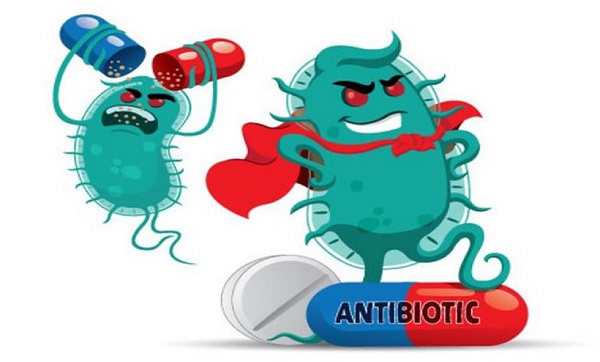
In a bid to address the global health threat of Antimicrobial Resistance (AMR), the World Health Organisation (WHO) has highlighted the pivotal role that journalists play in educating people about the fight against antimicrobial resistance.
The cluster lead/AMR expert at WHO, Dr. Chavan Laxmikant emphasised this during his presentation at the 7th Annual Conference of the Association of Nigeria Health Journalists (ANHEJ) in Nasarawa State.
Laxmikant underscored the significance of journalists in raising awareness and disseminating accurate information to combat the spread of AMR. He stated, “As microbial agents evolve and become more resistant to existing treatments, the need for informed and responsible reporting has never been more critical”.
The expert delved into WHO’s perspective on the media’s role in tackling AMR and outlined specific actions recommended for journalists to effectively engage in this public health battle. He asserted that every individual, from policymakers to healthcare workers to the agricultural sector, has a role to play in stopping the spread of AMR.
“Reporting through a community-based, One Health framework that addresses all sectors involved with human, animal, and environmental health is critical in halting the spread of AMR,” he added.
Explaining the occurrence of AMR, Laxmikant noted that it happens when bacteria, viruses, fungi, and parasites evolve over time and no longer respond to antimicrobial drugs. Antibiotics, crucial for treating serious bacterial infections, are often misused or used to treat mild illnesses, contributing to the resistance.
In agriculture, animals are frequently given antibiotics for growth promotion rather than infection treatment, leading to the development of drug-resistant bacteria. Contamination of meat or other animal products during processing and poor hygiene practices further contributes to the spread.
Highlighting how resistance occurs, Laxmikant explained that some bacteria, like Clostridium difficile, are naturally equipped with chemicals that destroy antibiotic molecules. However, antibiotics, when administered to a person, kill both good and bad bacteria, allowing drug-resistant bacteria to grow and take over.
He warned about the potential spread of drug-resistant genes as bacteria multiply and mutate. Contamination of water bodies and soil in the environment could amplify AMR beyond direct animal exposure.
In conclusion, Laxmikant reiterated the crucial role of journalists in educating the public and fostering responsible reporting to address the multifaceted challenges posed by AMR.

